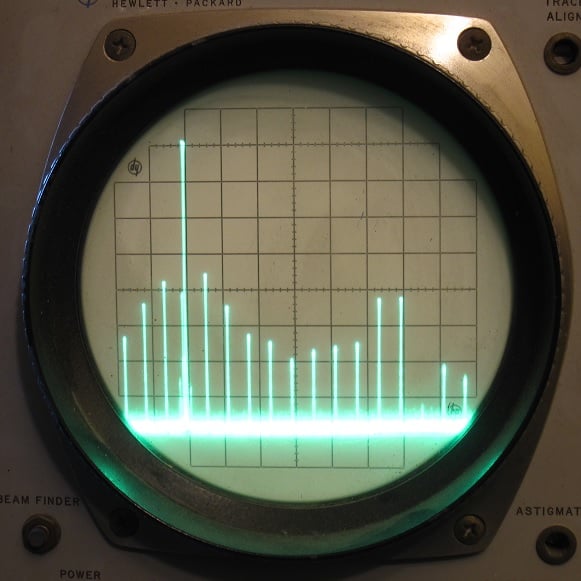I think it is the reverse these days. AMD generally has better power efficiency than Intel.
- 0 Posts
- 4 Comments
How cheap is cheap? Truly low-end laptops will generally be worse value than buying used, and low end laptops tend to suffer on some of the more subtle quality of life features with poor-quality screens, cheap trackpads, small batteries, and plastic build quality.
I do not know what others think, but in my experience Asus laptops do not have a good reputation for reliability. Almost everyone I know who has owned one has had them die prematurely, even the relatively high end ones. They are also notorious for having terrible warranty support and customer support.
At least where I live, the used market on places like ebay tend to be flooded with surplus business laptops from the likes of Dell and HP which are only a couple generations old. There are also good deals to be had on refurbished/open box laptops. My most recent laptop is a refurb 16" HP Pavilion plus with a 13500H and generally good screen/battery/build quality for around $450 USD.
I cannot speak to compatibility/optimization differences between Intel and AMD, but AMD is also generally known for better power efficiency, while based on my looking at benchmarks, Intel tends to lead on single-core performance. I think both are viable. I think I would recommend getting whichever you can find the best deals on in your local market and maybe use other features you care about to narrow down the choices before deciding which brand of CPU you want.
Looking at CPU benchmarks like passmark can be a good reference. For example, an Intel i5-1235U and and Intel i7-1255U have the same core count with only a minor clock speed difference, so they benchmark to within single-digit percentages of one another, but the i5 will sell for significantly cheaper on the used market simply because it is called “i5” and not “i7”. Meanwhile an i3-1215U has a lower core count and significantly worse performance, and so should probably be avoided.

 0·4 months ago
0·4 months agoI am only a few pages in, but speaking as a Linux user in the 2020s, I am skeptical of the claim that Linux in 1999 would “never, ever break down.”
I think the voltage boosting microcode bug on 13th and 14th gen are generally considered to have been solved. I have not heard of any issues on the Intel 100/200 series CPUs. I would definitely recommend updating the BIOS on any 13th or 14th gen laptops, though.